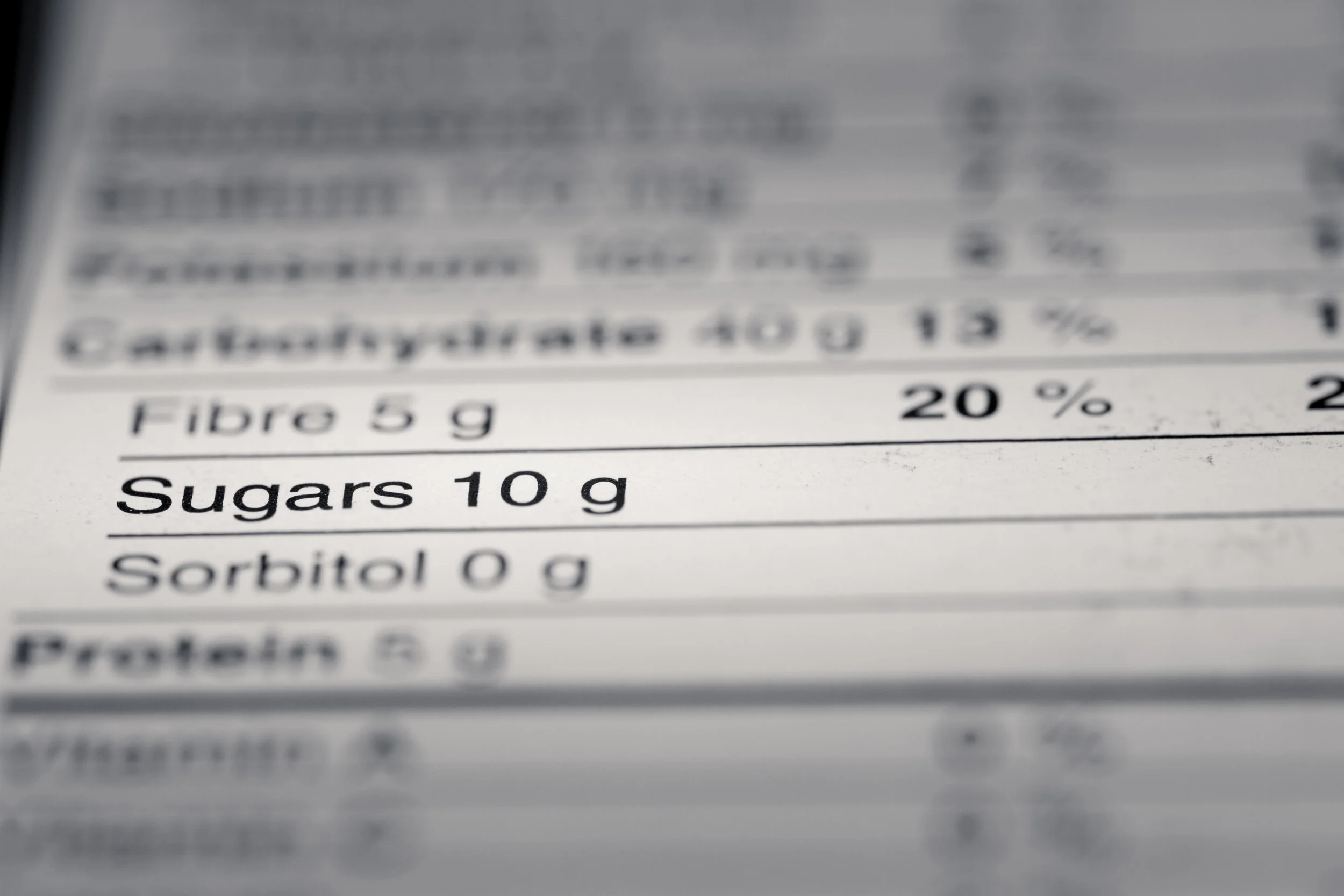Your body converts simple sugars in all forms (including fruit sugar and refined sugar) into glucose for fuel.
However, this doesn’t mean that natural sugars from fruit and refined sugar from processed foods are interchangeable. The effects on your body and overall health is vastly different when it comes to natural versus refined sugar.
While confusing information may lead you to believe that fruit sugar and refined sugar influence your body the same way, nothing could be further from the truth.
Source of Confusion
You may be taking a closer look at the sugar in your diet due to encouragement from health experts. You may have also heard confusing messages, such as some fruits have as much sugar as a candy bar. With so much conflicting information, it’s no wonder you’re looking for clarity on the matter.
Fruit contains a mixture of sugars in the form of fructose, sucrose and glucose. Refined sugars come in many, many forms found in processed foods.
In the past, sucrose -- or table sugar -- reigned as the most common type of refined sugar. Today, high fructose corn syrup (HFCS) takes that crown. Because table sugar is made of sucrose, and HFCS is made of fructose and glucose -- all three sugars found in fruit -- many people find themselves confused about the differences.
Refined Sugar
While all forms of simple sugars are broken down by your body into glucose, refined sugar is supplied in a way that causes negative health consequences when eaten to excess. Refined sugar is added to all sorts of processed foods to make them taste better. Even foods you may not consider sweet, like pasta sauces and ketchup, often contain significant amounts of refined sugar.
Sugary drinks are the primary source of refined sugar in the American diet, followed by sweet snacks.
These foods lack beneficial vitamins, minerals, antioxidants, protein and fiber. You end up getting the sugar, but missing out on the vital nutrients you need to remain healthy. This is the primary problem with added sugars, not how your body breaks them down.
Natural Sugar from Fruit
The sugar you get from fruit breaks down into glucose, but fruit contains a host of beneficial nutrients.
When you eat a piece of fruit you’re getting a rich supply of antioxidants, which reduce inflammation and lower your risk for the very diseases that added sugar contributes to.






